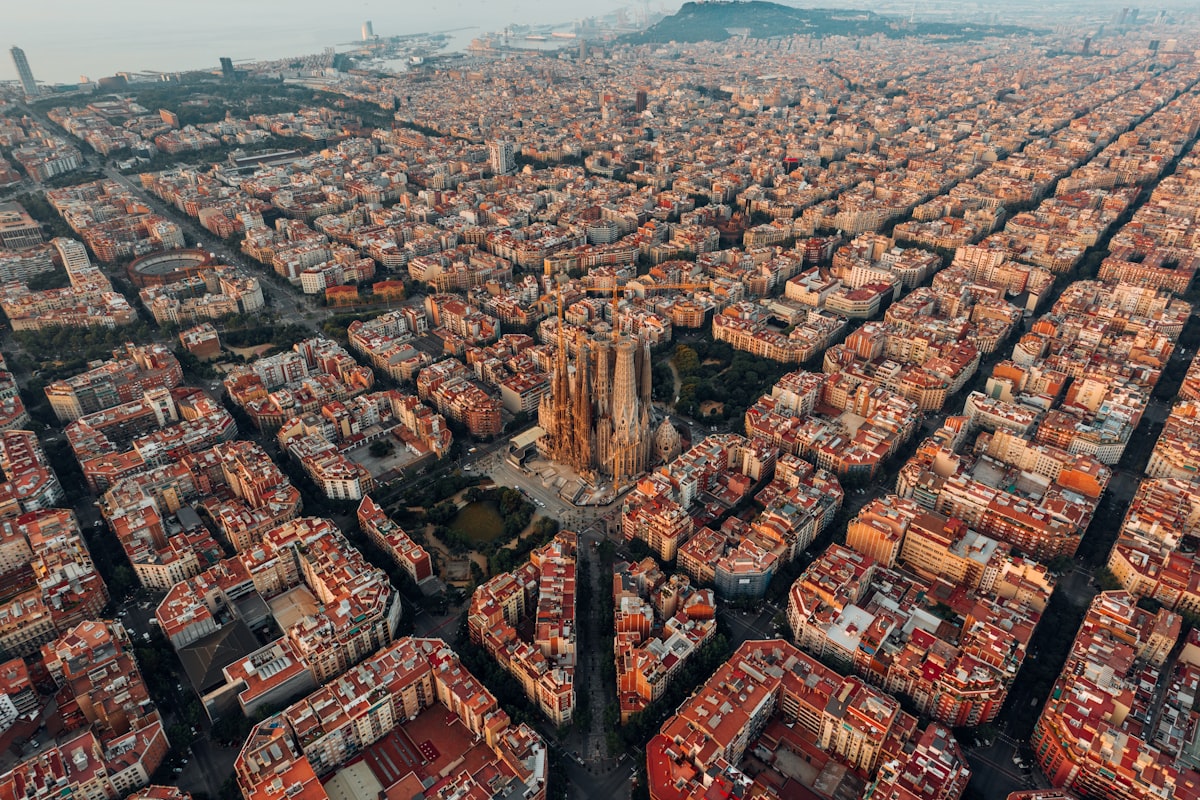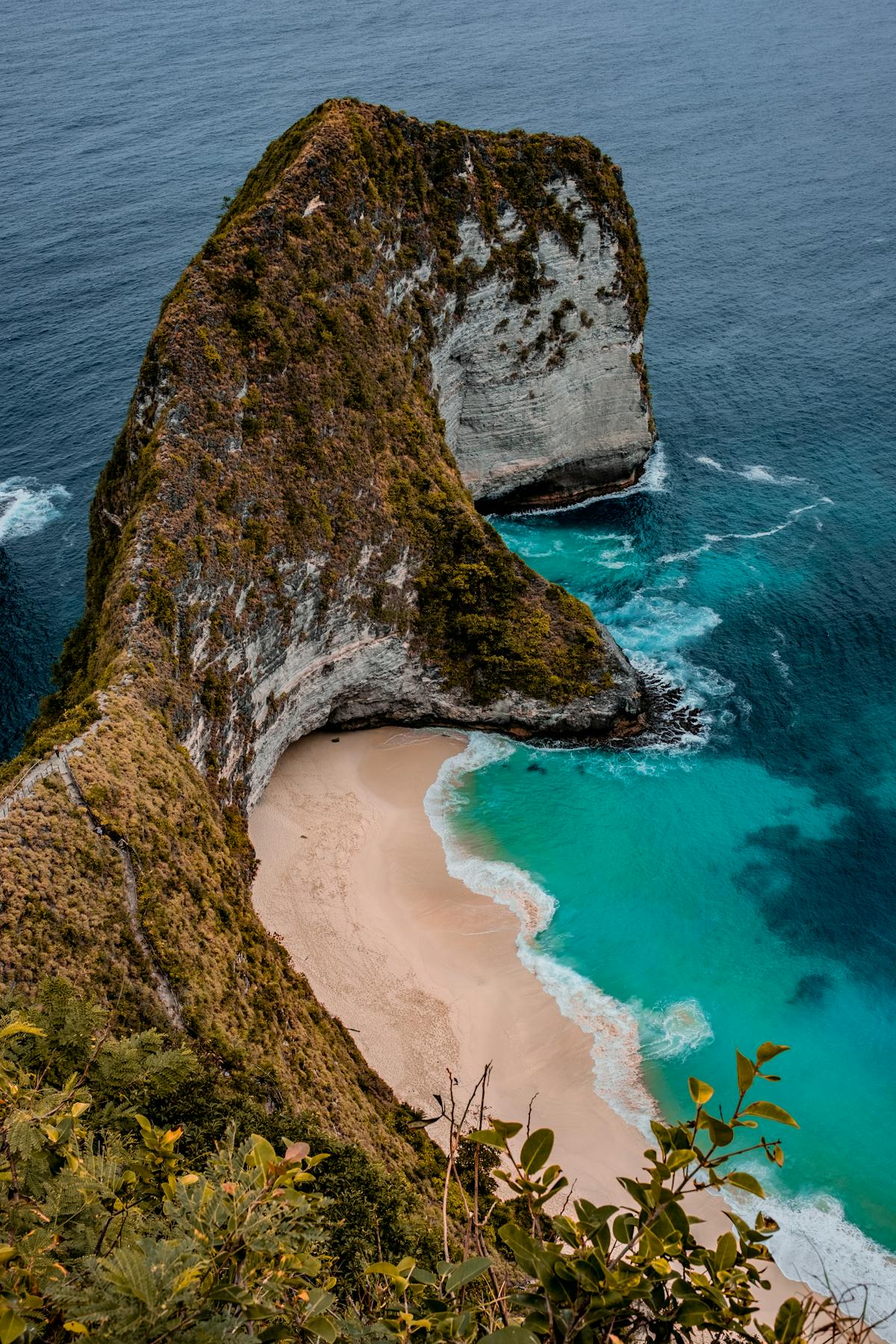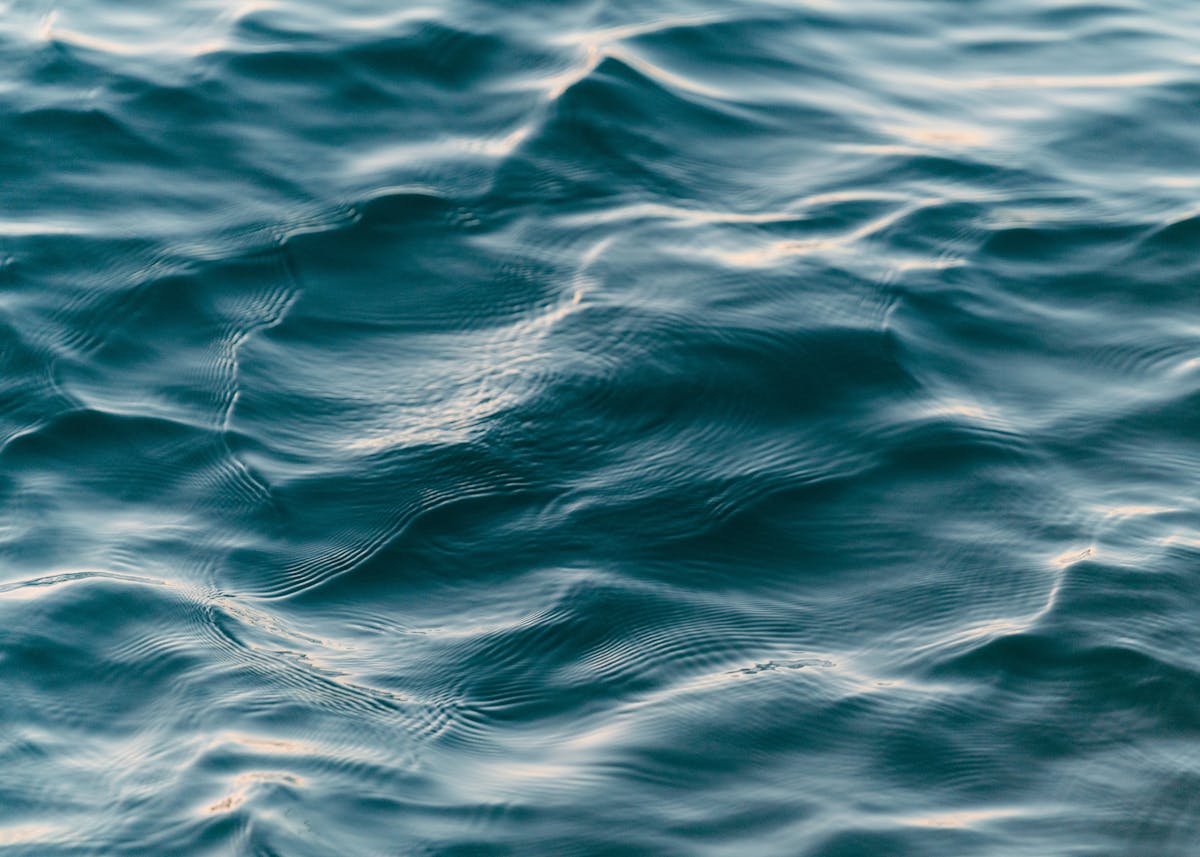Explore Destinations Manila
A vibrant metropolis blending Spanish colonial history with modern Asian culture

The Pearl of the Orient
Manila, the capital of the Philippines, is a densely populated bayside city on the island of Luzon. Founded in 1571 by Spanish conquistadors, this historic city features a mix of Spanish colonial architecture, ultramodern skyscrapers, and diverse cultural influences from Chinese, American, and indigenous Filipino traditions.
Top Attractions

Intramuros
The historic walled city built during the Spanish colonial period, featuring Fort Santiago, San Agustin Church, and cobblestone streets. This 16th-century citadel is a must-visit for history enthusiasts.

Rizal Park
A historical urban park dedicated to Philippine national hero José Rizal, featuring gardens, monuments, and open spaces for leisure activities. This iconic landmark is also known as Luneta Park.

Manila Bay
Famous for its spectacular sunsets, Manila Bay offers a picturesque waterfront promenade for evening strolls and dining experiences. The bay's sunset is considered one of the most beautiful in the world.

Binondo (Chinatown)
Established in 1594, Binondo is the world's oldest Chinatown, offering authentic Chinese cuisine, temples, and vibrant markets. It's a food lover's paradise with diverse culinary offerings.
Local Cuisine
Manila offers a unique culinary experience that reflects its rich cultural history:
- Adobo - A national dish of meat (usually chicken or pork) marinated in vinegar, soy sauce, and spices
- Sinigang - A sour soup with meat, vegetables, and tamarind
- Halo-halo - A popular dessert of shaved ice, sweet beans, jellies, and ice cream
- Lechon - Whole roasted pig with crispy skin and tender meat
- Lumpia - Filipino spring rolls filled with various ingredients
Best Time to Visit
The best time to visit Manila is during the dry season from November to April. December to February offers the most comfortable temperatures. The rainy season (May to October) brings occasional typhoons and heavy rainfall, particularly in August and September. Major festivals include Sinulog Festival (January), Holy Week (March/April), and Christmas celebrations (December), which is celebrated with great enthusiasm throughout the country.
Local Festivals & Events
- Feast of the Black Nazarene (January 9): Massive religious procession in Quiapo, Manila.
- Sinulog Festival (January, nearby Cebu): Colorful street dancing and parades.
- Manila International Film Festival (varies): Screenings and events for film lovers.
- Flores de Mayo (May): Month-long Catholic festival with processions and floral offerings.
Quick Facts
- Country: Philippines
- Language: Filipino (Tagalog), English
- Currency: Philippine Peso (PHP)
- Time Zone: PHT (UTC+8)
- Climate: Tropical maritime
Book Your Trip
Ready to experience the vibrant culture of Manila? Book your trip now with our exclusive packages!
Create Query